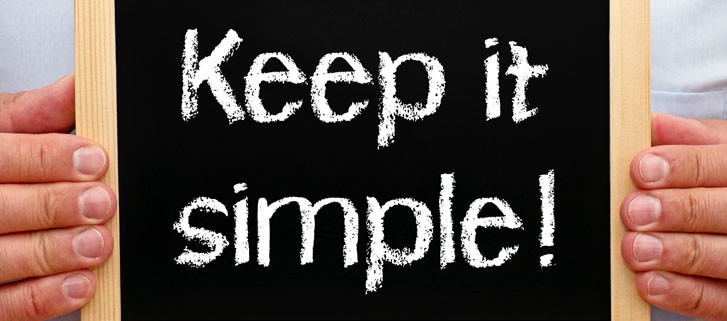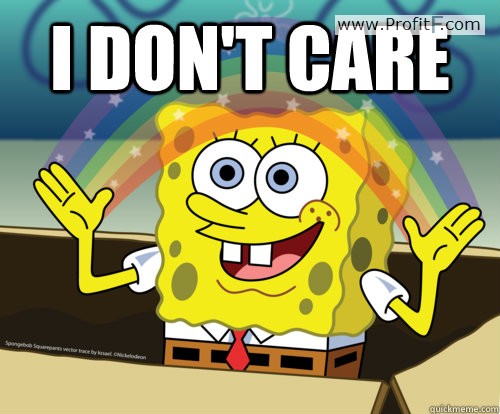TABLE OF CONTENTS:
With so many things to work through, it can be hard enough to find the time to trade, let alone go through the detailed process of learning and fine-tuning the basics. When it comes to trading, sometimes keeping things simple can help you focus on what is really important. Simplifying your trading can help build a solid foundation for future trading success because your mind is not distracted by other things, less is more! Here are 5 ways to simplify your trading, it is never too late to refocus and redirect your energy.

An unfortunate symptom of modern life is indecision. When options abound, it becomes more difficult to choose what to do with your time and resources. Being engaged in a long session of decision making can cause deterioration in the quality of decisions, eventually leading to a condition called “decision fatigue”. Instead of having a clear winner each time you are faced with a choice, many of the options can seem similar, leading to an irrational fear of missing out or irrational trade-offs. To avoid this, save your energy and do not waste time deliberating over small things! Sometimes it is better if you make concessions where appropriate and move on to the bigger issues which call for your attention.

Another energy zapper in trading is a messy workspace. When your workspace is not organized, important information and detailed records may not be readily available or accurate. A cluttered workspace reduces productivity, as well as motivation which helps to keep you in the right frame of mind for trading. Arguably, all you need for trading is your desktop or your laptop. However, keeping trading records electronically may not work for everyone. Having physical copies of trade sheets, screenshots and checklists can be more convenient when facilitating the review process and the act of writing down specific price levels serves to anchor these in your mind. All this excess paper can build up though if not filed away promptly, so make sure you stay on top of it!

It is common to think of trading as a methodical step-by-step process. In order to ensure nothing is overlooked, creating a checklist ahead of placing trades can help you organize your thoughts logically. Also, having a checklist for each trade creates a ranking system that you may use to compare and select the trade with the most potential. For example, at TWP, we assign points for each strategy factor on our checklist. The trade which satisfies the most factors will have the highest score, whereas weaker trades with fewer technical factors backing them up will have lower scores. Since each factor which is met increases the probability of having a winning trade, we would naturally prefer the trade with the higher score since there are more reasons supporting it.

Getting stuck on a particular trade or feeling unsure about any technical factor in trading can be a frustrating experience, especially if the market you are looking at is open for trading and in full swing. Feeling left on the sidelines can cause two extreme reactions. Either the trader will feel like impulse trading for fear of missing out, or be frozen with an inability to actually take a trade! To overcome this, make sure you impose time limits on decision making and try to remove as much emotion as possible when analyzing trades. For example, if the chart you are looking at does not seem to present any opportunity, do not rush a trade or keep staring at the chart hoping something will happen in real time. Add it to a shortlist and move on to the next chart. If you often feel stuck and are unable to take a trade, talking to a trading mentor may also help you zone in on what’s really behind your indecision and fear of pulling the trigger. Ask questions because these redirect your focus and help you improve.
In trading, there are many ways to approach the markets and many trading strategies to use. However, what you ultimately end up using will depend on your personal preferences, unique character and risk tolerance. What works for someone else may not necessarily work for you so never stop learning and continue exploring new ways to trade. As you grow and develop, you will discover who you are as a trader. Use what you learn about yourself to make small adjustments to your trading. Making small tweaks now and then keeps trading fresh and keeps you up to date with changes in the market place.
Hopefully these tips are helpful! Happy trading!
Philipp Pfitzenmaier
See more about trading psychology >>
Add your review